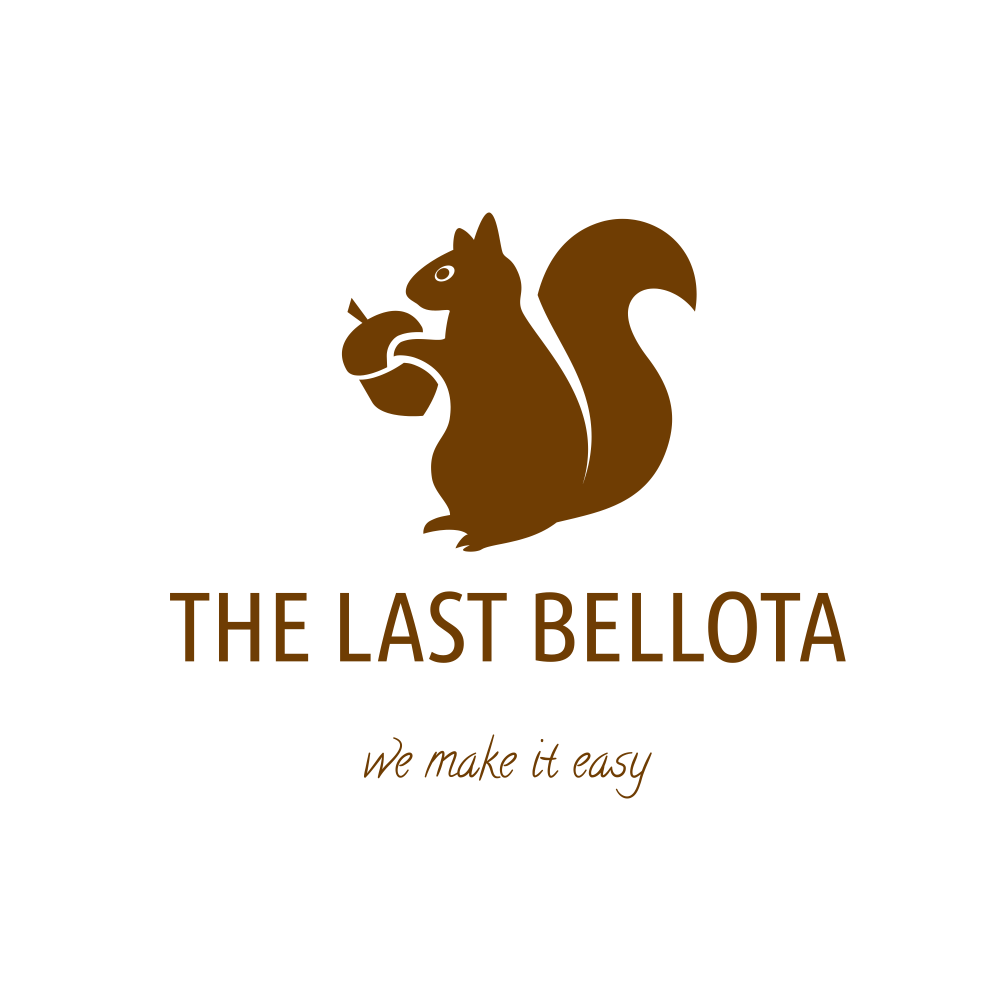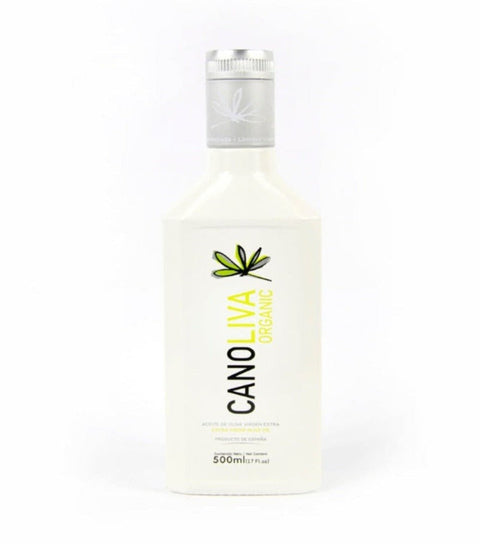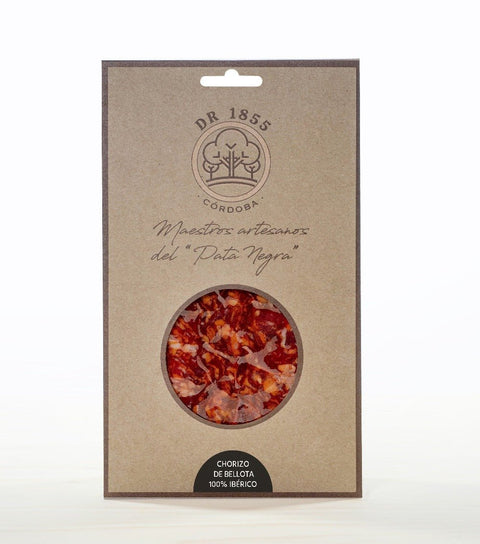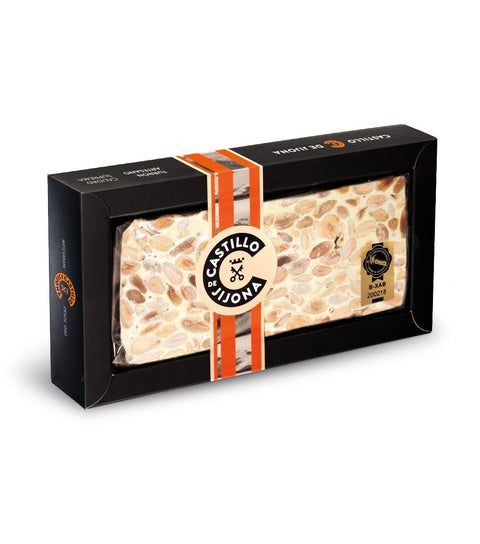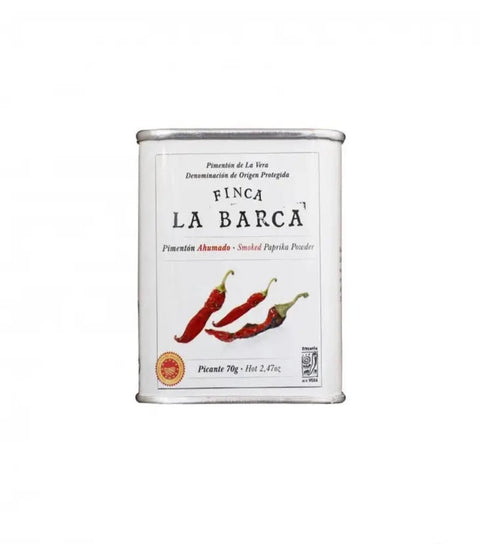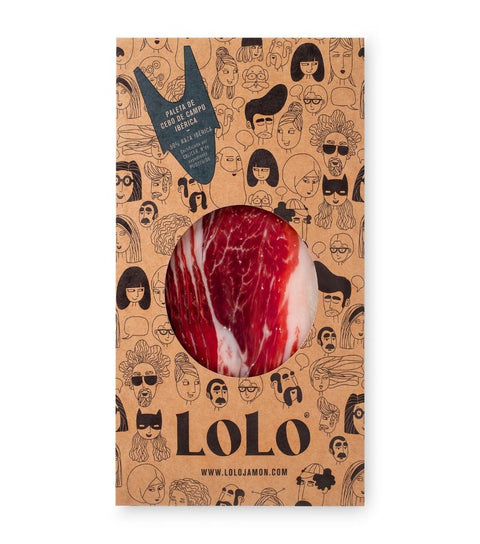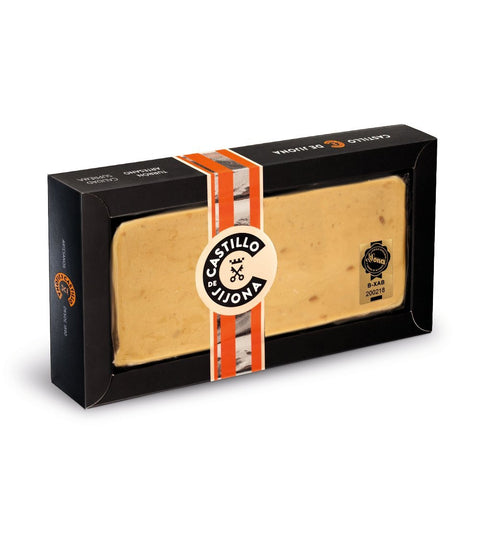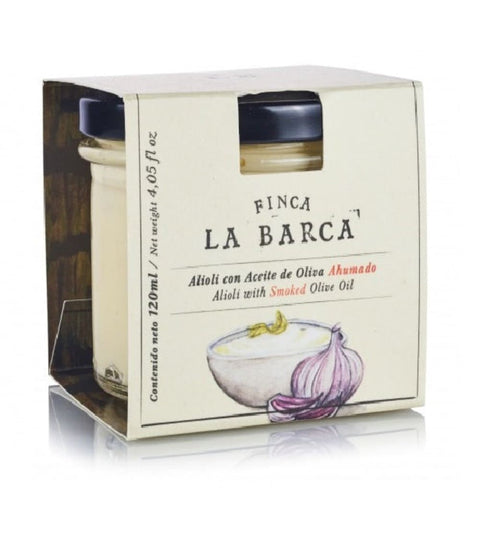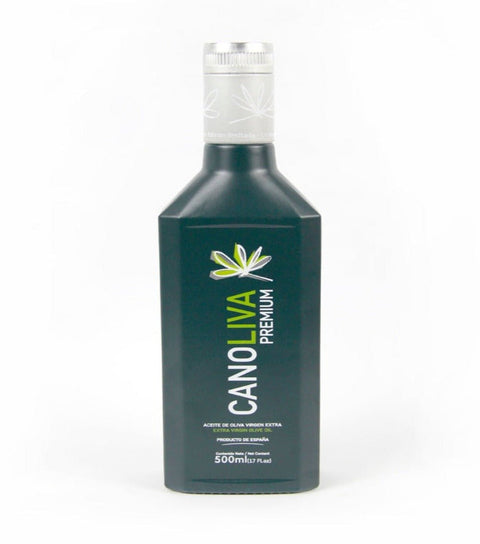Ham
How to distinguish a pure acorn-fed Iberian ham?
In the case of pure acorn Iberian or 100% acorn Iberian hams (according to current regulations), there are a series of indications that allow us to distinguish that we are dealing with a top quality Iberian ham. Characteristics such as the morphology of the ham or the fat infiltrated and forming veins in the lean indicate whether we are really dealing with a premium quality pure acorn Iberian ham.
A good acorn-fed Iberian ham is made from the hind leg of a healthy pig that has lived fully in nature and been fed in the countryside. The result is a superior quality product.
The geographical location, climatic conditions and means of production are specific to each manufacturer. As it is an artisanal and traditional product, the product obtained is unique for each manufacturer and each geographical area, even if the breed of the animal is the same - 100% Iberian purebred pig.
Acorn-fed Iberian ham with designation of origin
The expression Denomination of Origin of Ham is the name used to identify a product coming from a specific area which gives the acorn ham a quality and characteristics specific to that area.
It was created to ensure that the entire production and elaboration process strictly follows the regulations established by both the European Union and the Spanish Ministry of Agriculture, and to protect the consumer at the same time.
The designation of origin therefore certifies the origin of pigs born and raised in specific areas which confer certain particular qualities to the final product.
In Spain, there are four recognized designations of origin for Iberian ham:
Jabugo Ham: Located in the Jabugo region, province of Huelva; in the particular climatic conditions of the Sierra de Aracena y Picos de Aroche Natural Park. These hams come from Iberian pigs raised in holm oak and cork oak forests and are renowned for their characteristic flavor.
Jamón de Guijuelo: Located in the Guijuelo region, in the province of Salamanca, these hams are cured at high altitude and require little salt. Its unique climate, long cold, dry winters and hot summers make the process very complete.
Los Pedroches: It is made up of a total of 32 municipalities in the Pedroches Valley, located north of Córdoba, more precisely in the Sierra Morena pastures. His pieces are recognizable by their stylized and elongated shape.
Dehesa de Extremadura: They come from pigs raised exclusively in the extensive dehesas of the Extremadura region, in a balanced agroforestry system that does not abuse natural resources favoring livestock breeding.
